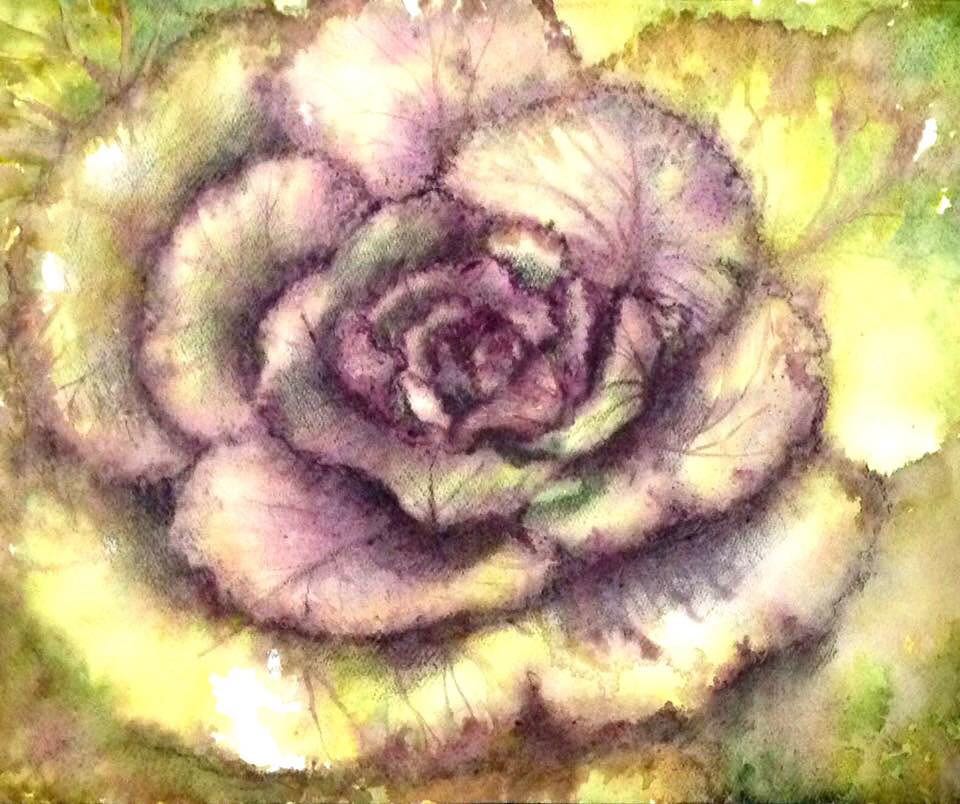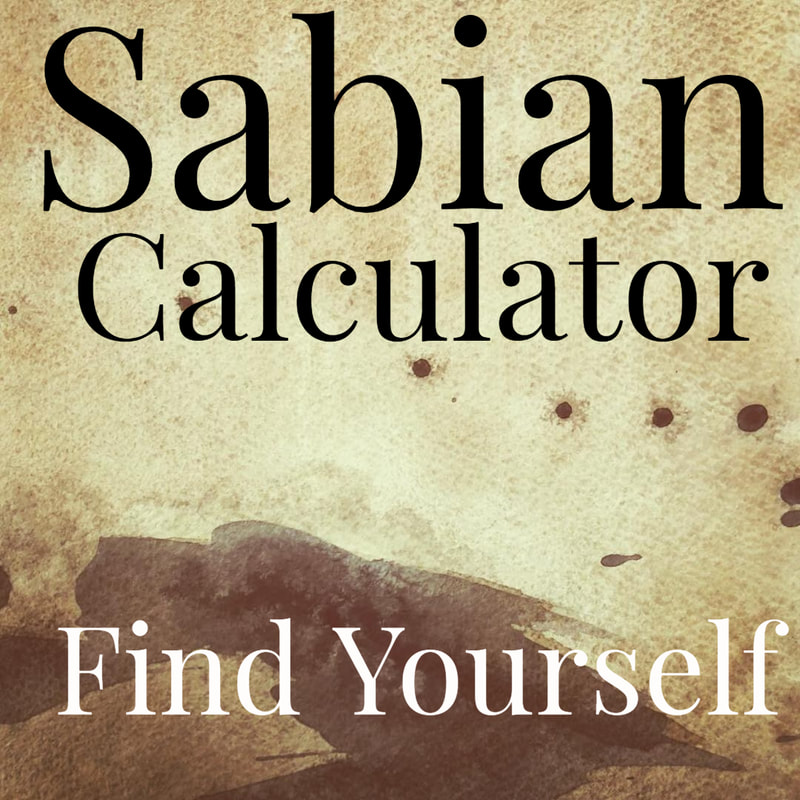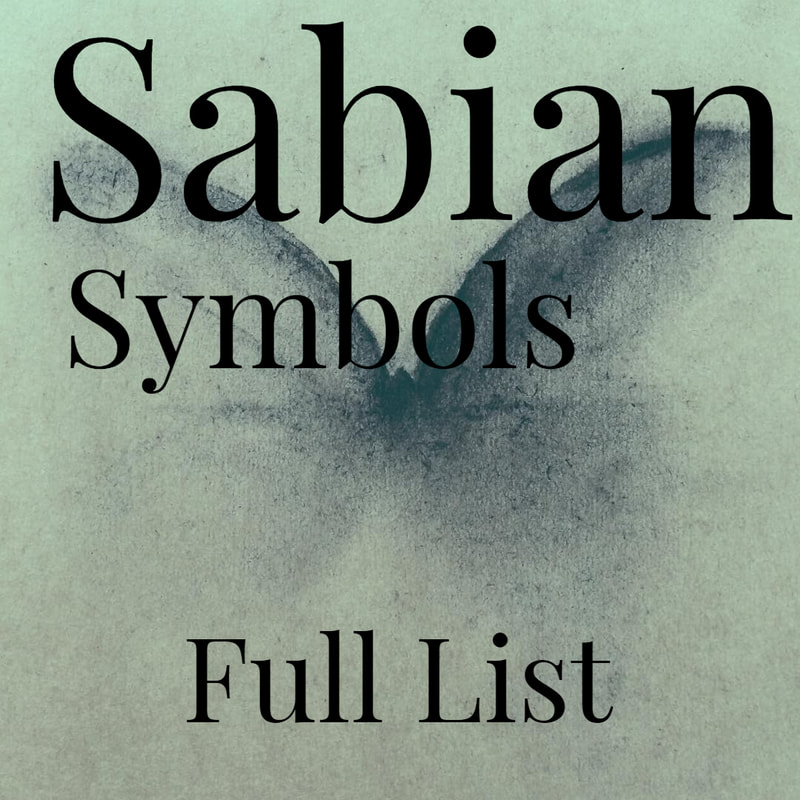7 Words Study: ThanksThe Heart Affirms Naively Kind ScenariosInnocence of Children
Nostaligia of Adults
Feeling AppreciationThe meaning within gestures of appreciation lies in the feeling, and unless actually felt and sincerely expressed, then there will be a hollowness.
Getting to Know You
Value Assessment
Eye of the Beholder
Sympathetic Resonance
The Heart Does Not Measure
Keywords for ThanksAppreciation
In showing appreciation we are demonstrating first and foremost that we do not take for granted, that we are aware of what we ourselves gain and enjoy from a particular involvement. By its very nature, appreciation must make a distinction between this and that—the whole point being that the one appreciates the other specifically—and so it requires clear identification of the person being appreciated, and why. It is not only involvement itself that we are appreciating; it is the particularities of the involvement, and the qualities that we experience through it, which makes us feel good and true to ourselves. Valuing We can see that we offer our thanks differently according to the value we feel to express. Appreciation is generally acknowledging worth, whereas Valuing implies specific measurement of worth in relation to something else. It’s rather wonderful to notice that in the act of saying Thank You, both giver and receiver are raised in value. Each feels that something of importance has occurred in the connection made by the gesture. What we choose to develop is a direct statement of what we value—in life and in ourselves, so we can choose to train ourselves to serve those ideals and goals that we find worthwhile. The cost for this course of training could not be higher—it is one’s life, whose purpose has much to do with the determination and expression of our value system. Giving Giving is entirely a natural healthy response to receiving—much more an expression of health than holding. A person who holds is said to be ‘tight’, so it is seen that there may be a link between tightness or rigidity of the body and a reluctance to give: a pliant material is said to ‘give’, that is to give way or bend rather than resist and compete. A person who does not give is called a miser and is expected to suffer misery and be miserable. There can be so much said in silence by the exact appropriateness of the gift, and the giver demonstrates an intimate knowledge by choosing exactly the right thing to give form to the gesture being made. The gift itself has magic because it can focus feelings to a point of a breakthrough to a new realisation, an admission of mutuality, sharing, specialness, importance...love. We can reach a state where no cost is too high as long as the expression of the love felt has been truly communicated. Heart Essence No amount of persuasive rhetoric, materiality or coercion can achieve as much influence as the power of heart. Love is not any the less strong because it is soft, nor is it impotent against gross forces; it has its own way and its own time, working on subtle planes unconsciously and gently. Open-hearted people are quite innocent and even childlike, often with a spontaneous readiness to play. In essence, both love and truth have qualities dependent for their exaltation upon the other; love is incomplete unless married to truth. When strong in our truth — in other words not fanciful about who we really are and what love really is — we are tolerant, kind and caring, accepting what comes with an open heart. Otherwise we can be lost in a false world, deluded about life’s realities and somewhat insecure as a result, unable to reach the depth of heart or indeed real love. Keys to RelationshipThe keywords are very useful tools that can help us to find out what we may need to do to rebalance the way we are in our partnerships. Certainly most of us can do better than we are doing in relationship by giving the whole matter more careful thought. First of all, we need to move out of ‘cloud cuckoo land’ and bring ourselves back to reality. In the real world there are problems, there are emotional upsets, there are misunderstandings, and there is hurt, deceit, mistrust — and so much else that gets in the way of our happiness. Often the most painful of these problems get triggered through interaction with our ‘special other’. The sooner we acknowledge this, the sooner we can get stuck into the challenge of dealing with the difficulties that come up for us.
It is very much more productive and enjoyable to approach these issues with curiosity than with anger and blame — or even hurt and guilt. If either or both parties can maintain this healthy attitude of loving curiosity, then most of the friction becomes minimal. It’s also worth noticing whether the words you give to your lover are more often supportive and appreciative. Words of appreciation are a healing balm in relationship. Most of us received less acceptance in childhood than we needed, and want to get it now from a lover. That does not have to render the relationship dysfunctional when done truthfully and with care. Certainly it is appropriate to avoid the opposite! Relationships really don’t flourish at all well when there is taking-for-granted, or constant criticism. Life LessonsWEAKNESSES
Typical issues Taking people and life for granted, having no system of values, poverty consciousness and meanness, churlishness, serious cold-heartedness, heartless lack of grace. This person has nothing much to offer a child because they lack a sense of wonder. For them, rain is inconvenient, the sun is troublesome, unexpected visitors are seen as impolite to turn up unannounced, spontaneity is very suspect. They can dampen any day with their grumpy mood and never seem to appreciate the joys of life at all! Dysfunctions There are parents who really dote too much on their child. The child is appreciated too much, is valued as more important than anything else and this gets interpreted as better than other children. Typically there is a superabundance of material gestures of affection. A rather interesting word is typically used to describe this condition — the child is ‘spoilt’. Later, as an adult such childhood programming will usually show as a person who wants to continue the illusion that they are special — more special than others — and they don't need to provide what they want for themselves because it is given freely by a doting loved one. The parent-substitute is most likely to be the spouse of course, and yet the attitude of expecting to be spoiled is seen in a wider context too. Such a person shows signs of conceit, even narcissism and has other aspects of behaviour, which are childish — perhaps always needing to get their own way or there will be a tantrum. Global Issues Sadly our race has not yet found a sufficient degree of appreciation for human life in all its variety, and so we have too little compassion towards those who need help. This gives rise to the shameful pervasiveness of hunger, disease, poverty, slums and shanty towns. We can see signs of improvement however if we look at the march of history. In times before instant media coverage, we would hear indirectly and late of others’ suffering, so the news would be of interest to the mind but not touch the heart. Now with television we are invited to see the poignant facts with more immediacy, no longer through a glass darkly — and it touches us more deeply. |
Make Contact |
Privacy and Data Protection
|
Elven Mystery School - About Us
|













